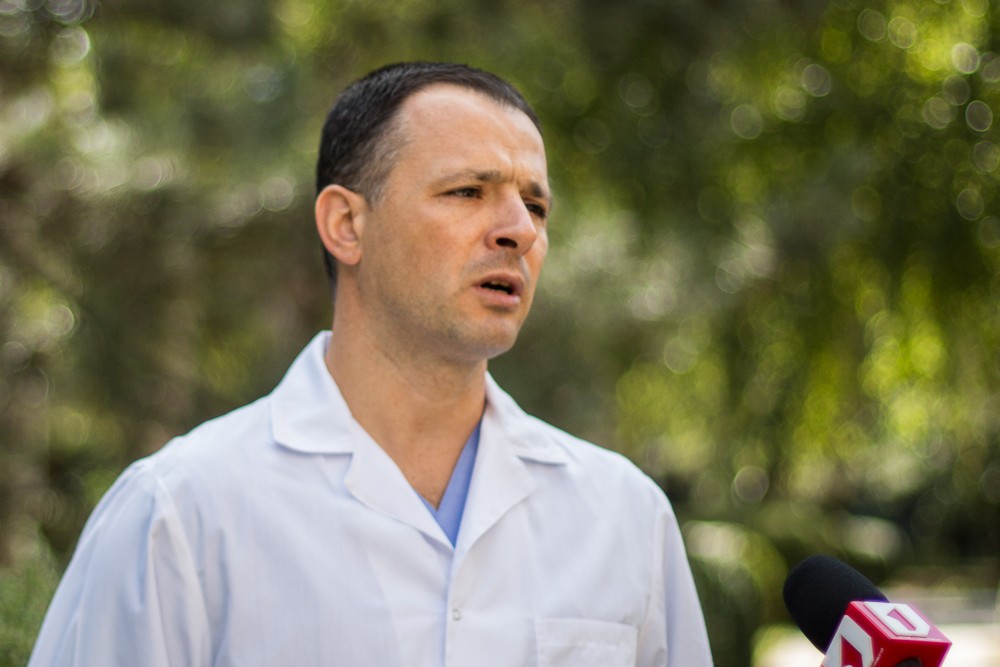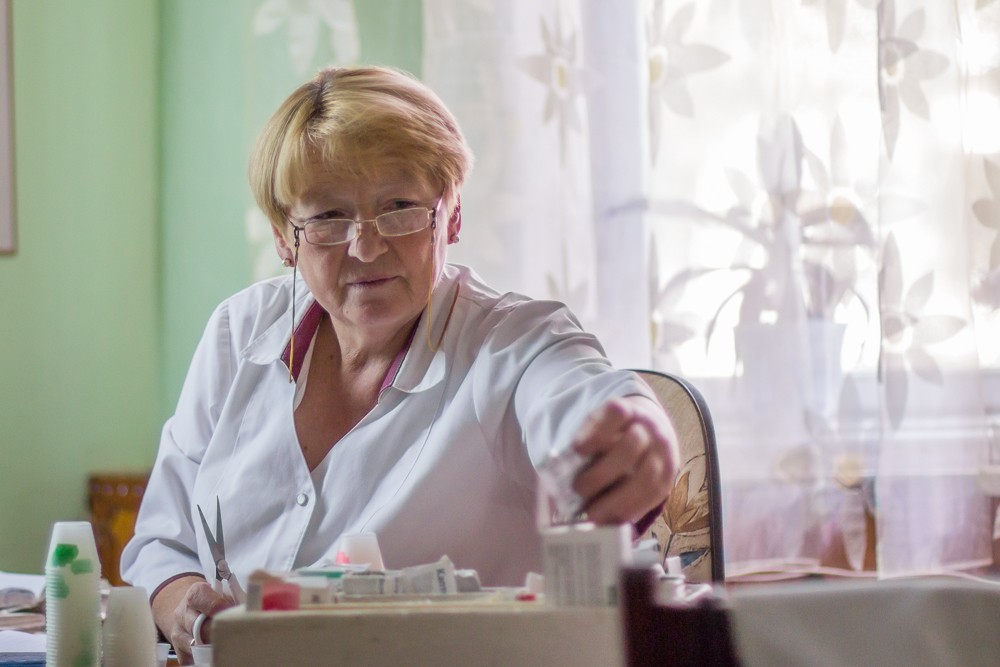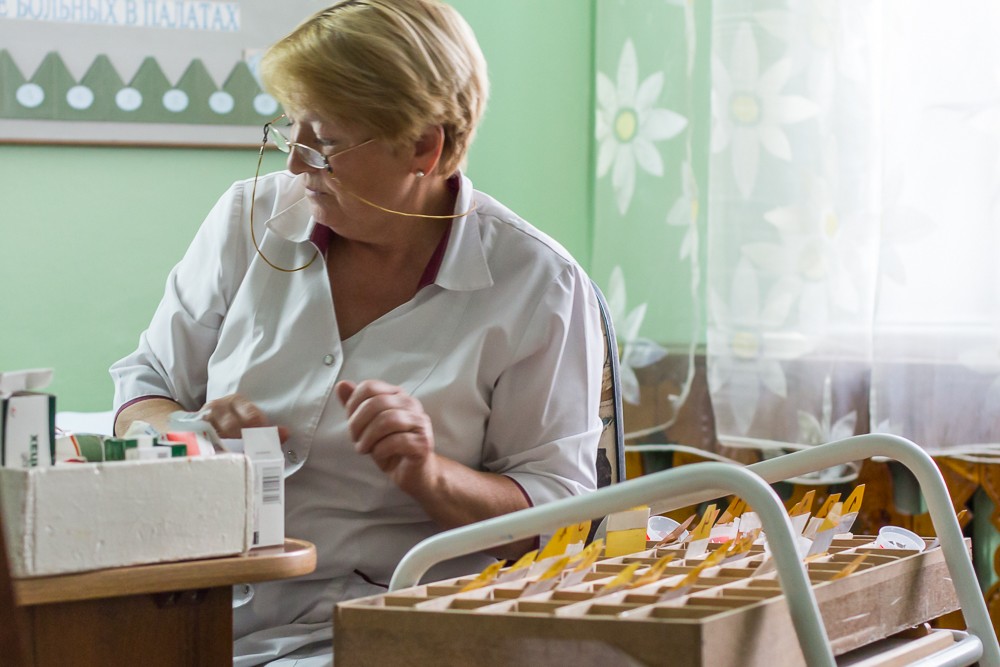Specialists say this trend is characteristic for many countries, not only Pridnestrovie. According to various estimates, there are about 300 million people suffering from this disease and this number continues to grow.
In Pridnestrovie there are 2,000 officially registered people ill with bronchial asthma.
«We try to keep an eye on every patient because this disease is not of medical but also of social character. The state is pursuing a special social policy in relation to these people, regularly providing them with high quality expensive inhalation preparations, which make them feel better," said the chief pulmonologist of the Healthcare Ministry, Nikolay Bezhenar.
All registered asthmatics are supplied free of charge with the preparations of 1st (for daily administration) and 2nd (for emergency cases) groups.
«We have noted the following trend: such patients do not so often call the ambulance and are less hospitalised. And what is important, we see a decline in disability and death rate. This considerable decline is caused by the fact that the patients are registered, can control their illness and, consequently, are less susceptible to all pathological processes typical for this disease. It is indicative that there are no asthmatics now in the pulmonology department. In previous years there used to be a lot of them in this period when ambrosia, a strong allergen, is in blossom," said Nikolay Bezhenar.
This medicines are procured through a special programme, based on the need and the number of registered patients. Despite a very difficult economic situation, there are no difficulties with the provision of important preparations. There were temporary (week long) irregularities, but they have been eliminated.
Specialists recall bronchial asthma is a widely spread non-infectious disease you can develop at any age, which is why it is better to see a doctor if certain symptoms occur.
«If you feel inconvenience in the chest, compression, whistles, rales or long coughing, you should see your physician, who will examine you and, if necessary, send to a special examination. The earlier we detect this disease, the better it is controlled and the fewer fatal consequences it may have," underscored the chief pulmonologist.












